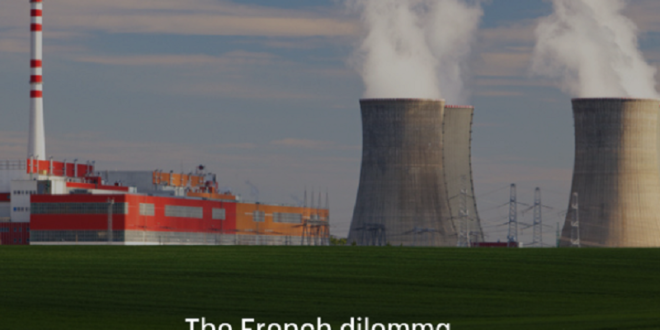In France, the executive has carefully avoided a reaction to the outcome of the German elections.
However, in a Twitter post on 26 September, French President Emmanuel Macron used election day to talk about his EU vision and ambitions. He recalled his initiative for a “sovereign, unified and democratic Europe”, launched four years ago during a speech at Sorbonne University.
The message is a strong one: in Paris, hopes centre on creating an ambitiously pro-European German government, four years after the last re-election of Angela Merkel that left the Elysée frustrated concerning some aspirations on the European level.
As French Presidential elections approach next spring– when Paris will be holding the presidency of the EU Council – it will be crucial to get things moving in the European scene. The Macronist executive will also want concrete results to show as the EU moves to negotiate the Fit for 55-package.
However, France will still need a strong and equally ambitious German partner government to advance on the EU level.
“German coalition talks should in no way coincide with France’s pre-election period. An unstable Germany will have a negative impact on Macron, something that far-right parties will take advantage of,” an EU source told EURACTIV, adding that ideally, a government should be formed before the end of the year.
“A coalition including the Greens would curry favour in Paris”, policy analysts Sébastian Maillard and Alice Schmidhuber of the Jacques Delors Institute recently wrote in a policy paper.
“An understanding with the Greens is considered easy and strategic for European economic issues in order to sustain the European fiscal stimulus and to revise the Stability Pact”, they said.
“Conversely, a liberal return to power is feared due to their expected uncompromising attitude on these very issues”, they warned.
In this light, the results of the German elections appear ambivalent for Paris. While the Green party’s participation in the future government seems certain, so does that of the liberal party. Much will thus depend on the compromises the two parties will reach in the upcoming coalition talks.
On a broader level, the same applies to the outcome of the two parties’ negotiations with CDU and SPD. While a right-wing/liberal-dominated coalition might indicate the return of the very budgetary discipline so strongly apprehended in Paris, a left-wing/green coalition would undoubtedly mean greater flexibility on budgetary issues. On the other hand, it could mean trouble for France on the questions of nuclear power and common defence.
 Eurasia Press & News
Eurasia Press & News




